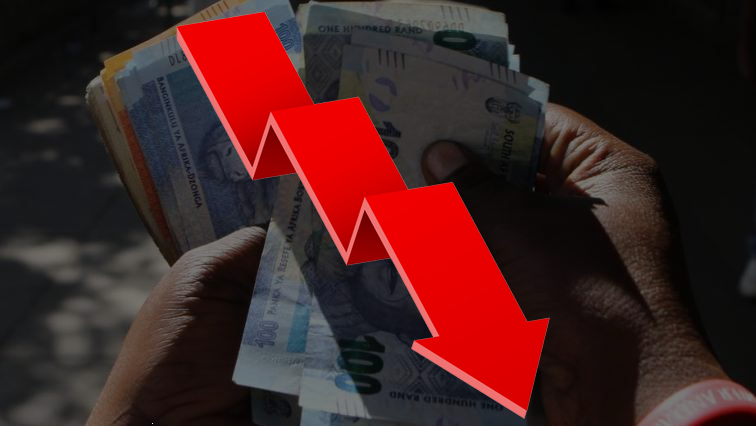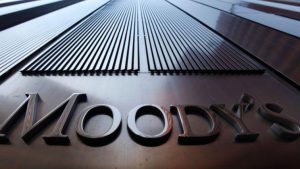S&P Global Rating Agency says South Africa’s low growth environment, rising debt levels and a lack of reform implementation continue to pose a downside risk to the country’s economy.
Speaking at a webinar focused on the country’s economy, experts agreed that contingent liabilities and the high public sector wage bill pose further risk to the country’s growth potential.
S&P Global currently rates the country’s debt at three-level below investment – also known as junk status – with a stable outlook.
Director and Lead Analyst at S&P, Ravi Bhatia, says while the country’s credible monetary policy and deep capital markets are a positive feature, structurally weak public finances and the rising debt-to-GDP are cause for concern.
“We still see significant structural constraints, the historical weak pace of economic reform and growth. Essentially GDP per capita stagnating or going down pretty much over the last decade. And despite a lot of talk on reform, we haven’t actually seen anything that’s materially changed the growth story. ”
Bhatia says South Africa’s debt is expected to rise above 80% of GDP by 2024. He says although government seems to be keeping a tight lid on spending, a close eye will be kept on the ongoing wage negotiations in the public sector.
Resident Representative of the International Monetary Fund, Max Alier, says load shedding is limiting South Africa’s growth potential and economic recovery.
Alier says it will be hard for the country to attract investment if it cannot guarantee energy security.
“Without naming the elephant in the room but I will call it more generally energy security. I think you don’t have to be an engineer or economist or anything sophisticated to understand that it would be very very hard to have a sustained rate of growth if you don’t have energy security. This does have an impact on growth if there’s no energy availability and uncertainty that will hinder private investment, so this is obviously a very important priority.”
Alier says both structural reform and fiscal consolidation need to take place in tandem to improve the country’s economy.




